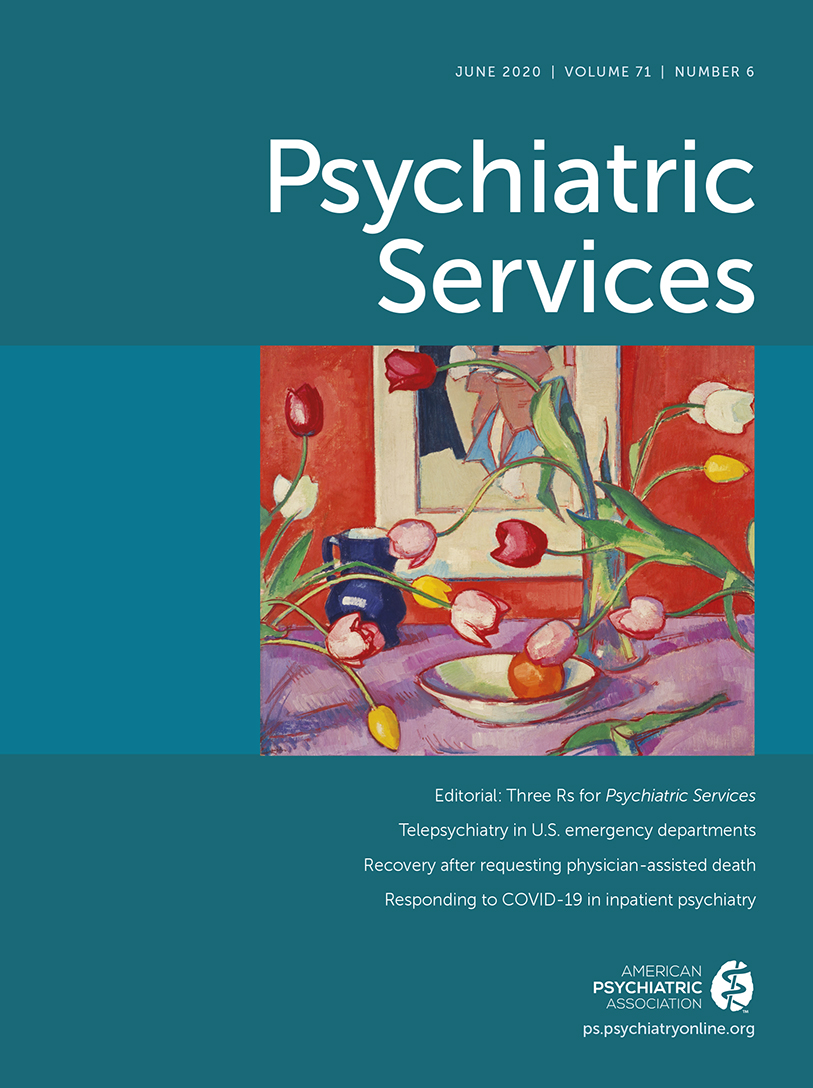A Qualitative Investigation of Engagement in Mental Health Services Among Black and Hispanic LGB Young Adults
Abstract
Objective:
Little attention has been paid to engagement in mental health services among racially and ethnically diverse youths who identify as a sexual minority, despite research indicating that they face significant mental health disparities. In this study, the authors assessed the service use experiences of black and Hispanic lesbian, gay, and bisexual (LGB) young adults to identify factors that promoted or hindered their engagement.
Methods:
Semistructured interviews with 38 young adults regarding past and present experiences with mental health services were analyzed thematically for perceived challenges to and support for engagement. Participants’ service use histories were reviewed for significant interruptions in services reported over the past year.
Results:
Seventeen participants (45%) reported disengagement despite continuing to need services. Factors that influenced engagement were identified across four domains: personal, social environment, accessibility, and provider characteristics. Stigma related to sexual orientation and cultural attitudes presented engagement barriers, whereas providers who were knowledgeable about sexual-minority issues were important engagement promoters. Additional barriers to engagement were ambivalence about treatment efficacy, lack of family support, and difficulty finding suitable and affordable care. Peers who identified as a sexual minority helped participants locate LGB-affirming services. Rapport with providers and health care autonomy assisted participants to manage barriers to engagement.
Conclusions:
These findings offer insights about factors that can influence engagement with treatment among black and Hispanic LGB young adults. The findings reveal important provider competencies and can inform interventions to improve engagement and reduce mental health inequities among these youths.




